
|
March 2020
|
|
Western In The News is an e-Newsletter that highlights stories with a Western focus that received significant media coverage. This service is provided by Western's media relations team.
|
|
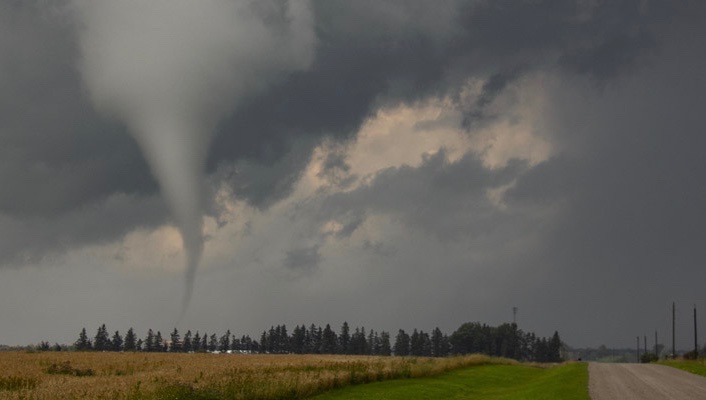
|
The Weather Channel’s popular Weather Geeks podcast spoke with Greg Kopp and David Sills from Western’s Northern Tornadoes Project about their quest to better predict tornadoes.
|
|
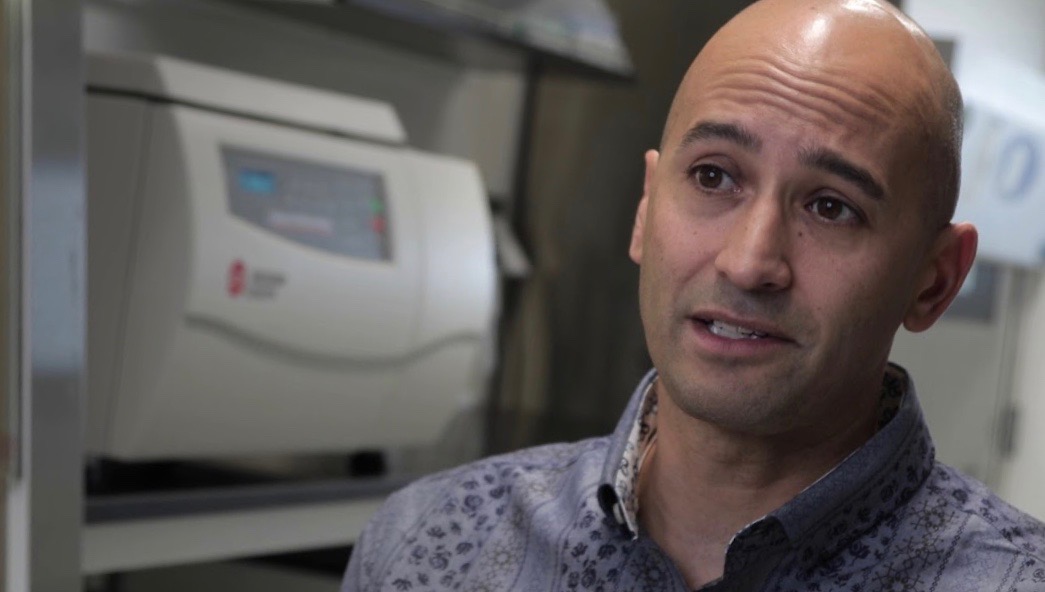
|
CTV’s Your Morning reported on work beginning at Western to find a COVID-19 vaccine. Researcher Stephen Barr joined for a live interview during the national broadcast.
|
|
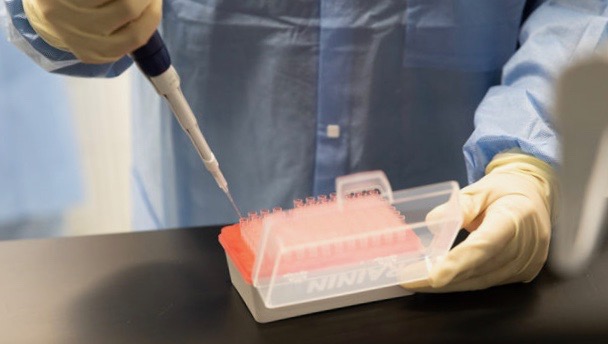
|
The London Free Press was one outlet providing local coverage of Western researchers’ work on a COVID-19 vaccine.
|
|

|
Toronto Star columnist Bruce Arthur spoke to Schulich’s Dr. Michael Silverman about the possible effectiveness of social distancing in Canada as the country deals with increased rates of COVID-19.
|
|
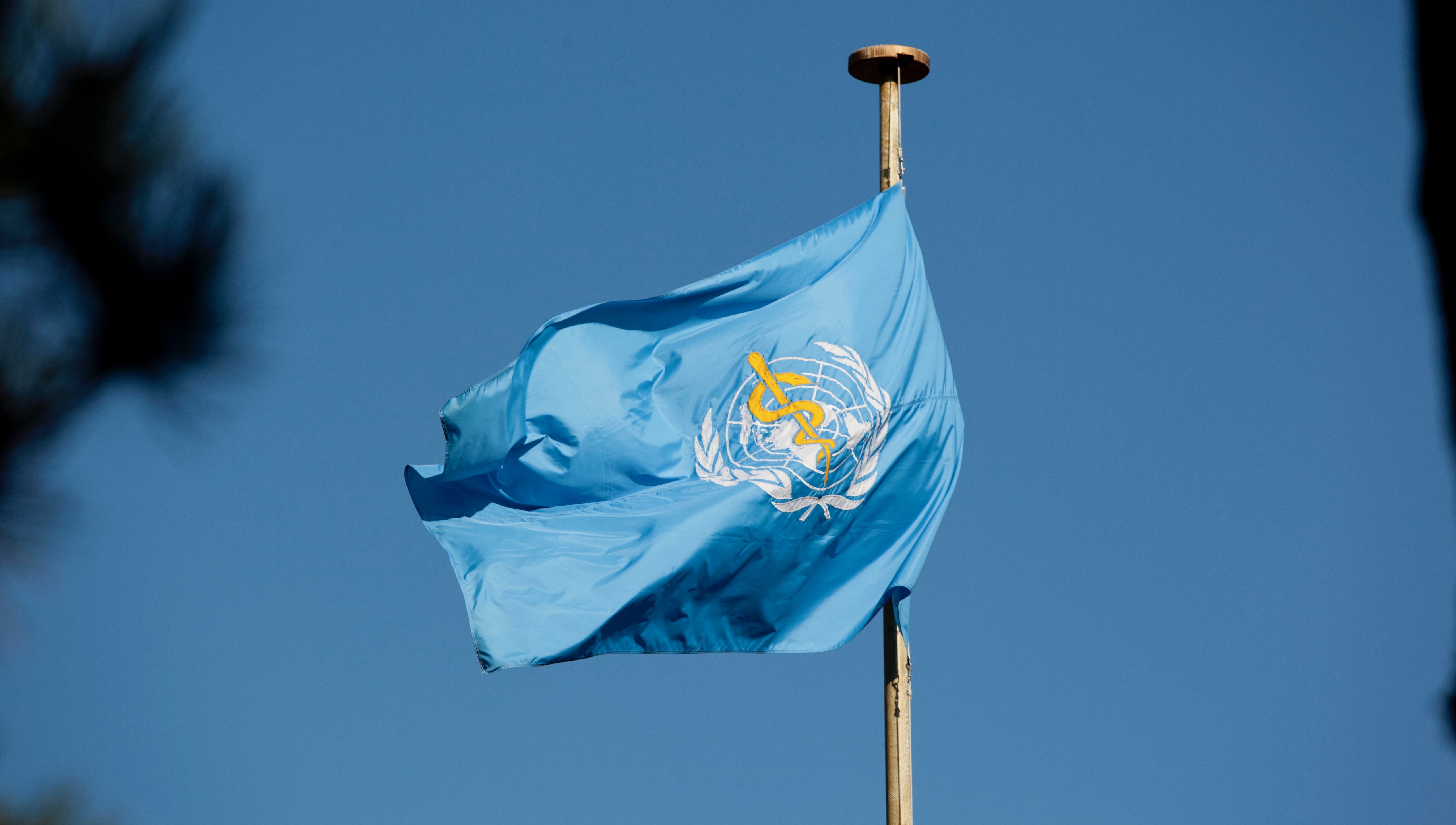
|
The Globe and Mail published an opinion piece by history professor Francine McKenzie advocating for a stronger World Health Organization.
|
|
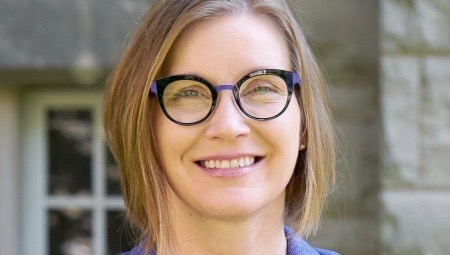
|
Western researcher Greta Bauer led the Trans PULSE Canada project, gathering Canada’s first national all-ages data on the health and well-being of transgender and non-binary individuals. Global News featured research that found gaps in the health care system for these individuals.
|
|
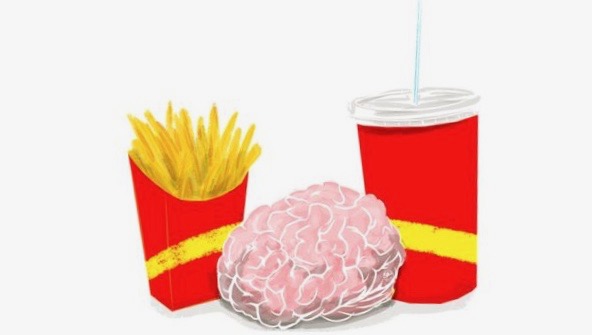
|
CTV News reported on a new study from Western researchers Cassandra Lowe, Bruce Morton and Amy Reichelt finding that poor dietary choices during adolescence can lead to changes in the brain that can contribute to obesity in adulthood.
|
|
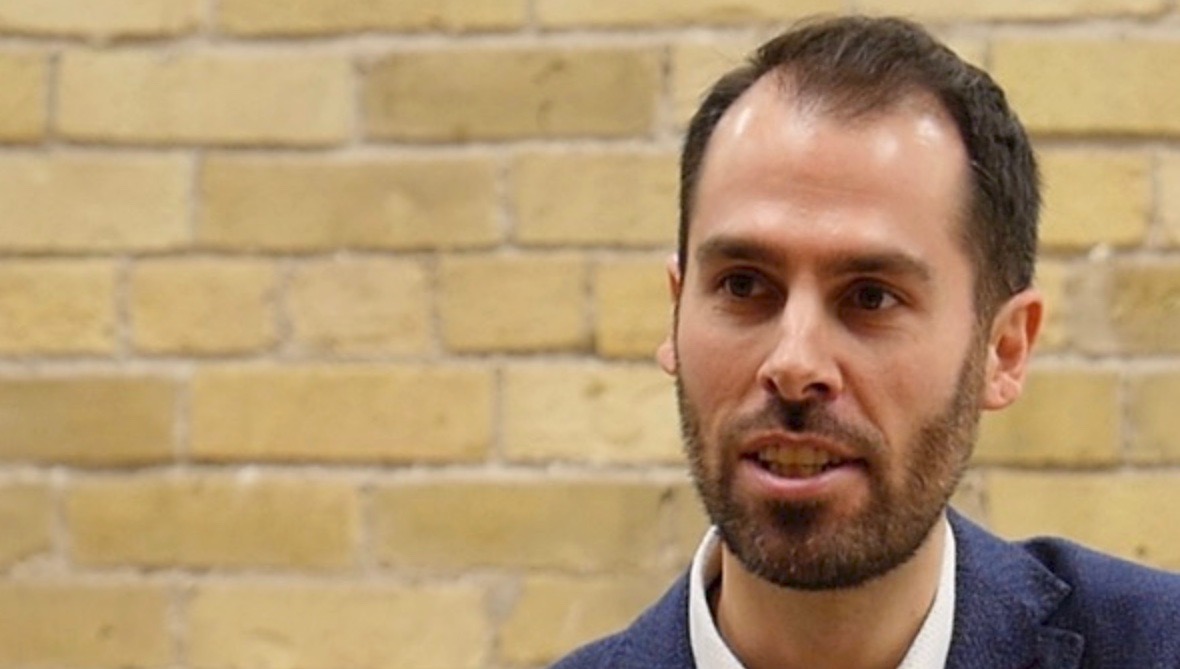
|
Western ethicist Maxwell Smith spoke to the UK’s Financial Times about the implications of ordering a socio-economic shutdown during times like the COVID-19 outbreak.
|
|

|
Barb MacQuarrie provided expertise for a story in the Globe and Mail discussing the increased risks for women facing domestic violence during the self-isolation period.
|
|
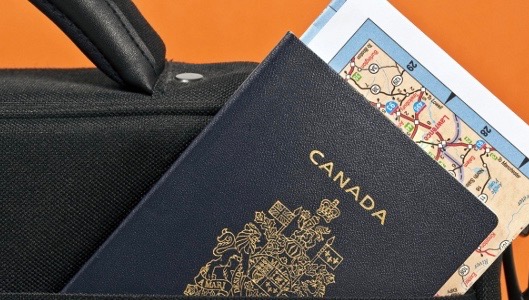
|
Greta Bauer spoke with Ireland’s The Journal about a multi-national study that found that trans men and women with passports and birth certificates which state their identified gender instead of an assigned gender are less likely to experience suicidal thoughts and other mental health issues.
|
|
|
|
